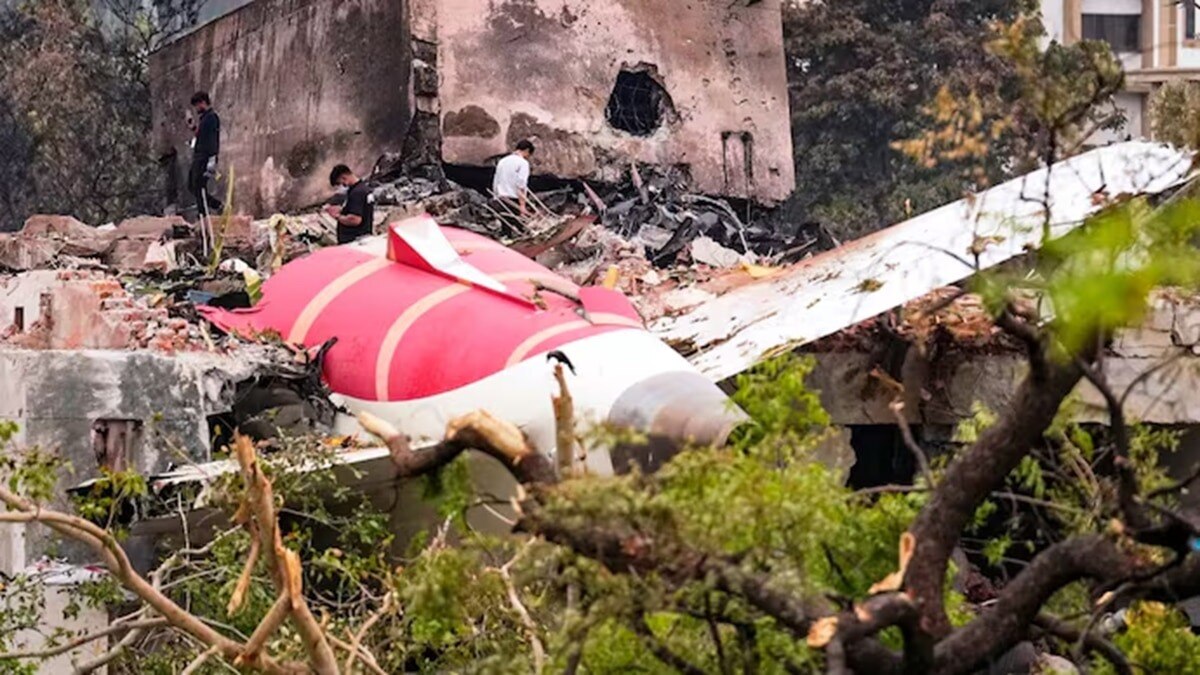Aviation industry veteran and former Jet Airways CEO Sanjiv Kapoor has come to the defence of Air India as the national carrier confronts public criticism following the deadly crash of flight AI-171 in Ahmedabad. The incident, involving a Boeing 787-8 Dreamliner, resulted in the loss of over 260 lives after the aircraft struck a hostel complex shortly after taking off from Sardar Vallabhbhai Patel International Airport. Kapoor, responding to public demands for a ban on Air India, has urged people to maintain perspective regarding this tragedy.
The crash has sent shockwaves through India’s aviation sector, with the incident marking the country’s worst aviation disaster in more than a decade. The Directorate General of Civil Aviation (DGCA) is conducting an investigation into the crash, with a preliminary report expected soon. Earlier, Air India had increased the insurance cover for the ill-fated Dreamliner from Rs 750 crore to Rs 850 crore, while the total claim is estimated to be around Rs 3,000 crore. This significant financial impact reflects the severity of the incident and its implications for the aviation insurance industry.
In light of the crash, Kapoor noted, “Amazing! Tens, even hundreds of thousands are killed in road & rail accidents each year in India — 2,000+ a year on Mumbai’s suburban rail alone — and people don’t bat an eyelid. Air India has had a stellar safety record for decades. One tragedy and people lose all sense of perspective.” His comments were made on X (formerly Twitter), as he highlighted the need for a balanced view of Air India’s past safety performance.
Kapoor further emphasised the global safety record of the Boeing 787, stating, “Maybe because until the tragedy of AI-171, the Boeing 787 had flown over 5 million flights since its launch without a crash or fatality? Air turnbacks and minor tech glitches occur several times a day across all aircraft types. Flying remains the safest form of transportation.” These remarks come amidst heightened scrutiny of Air India’s operations, especially after the cancellation of 66 international flights scheduled with Boeing 787-8 aircraft.
The airline has clarified that not all cancellations were due to safety concerns, attributing some to routine technical snags and others to operational challenges. Despite the cancellations, the DGCA has not grounded the Dreamliner fleet but confirmed the cancellations since the crash. Air India maintains that the aircraft underwent a thorough maintenance check in June 2023, and another was scheduled for December. This proactive approach underscores the airline’s commitment to safety and operational efficiency.
The aviation tragedy remains under investigation, with the right-side engine of the nearly 12-year-old aircraft having been overhauled in March 2025. As the aviation community awaits the DGCA’s findings, Kapoor’s defence of Air India highlights the broader context of airline safety and operational challenges faced by carriers worldwide. The ongoing investigation will be crucial in determining the factors leading to the crash and ensuring future safety measures.
